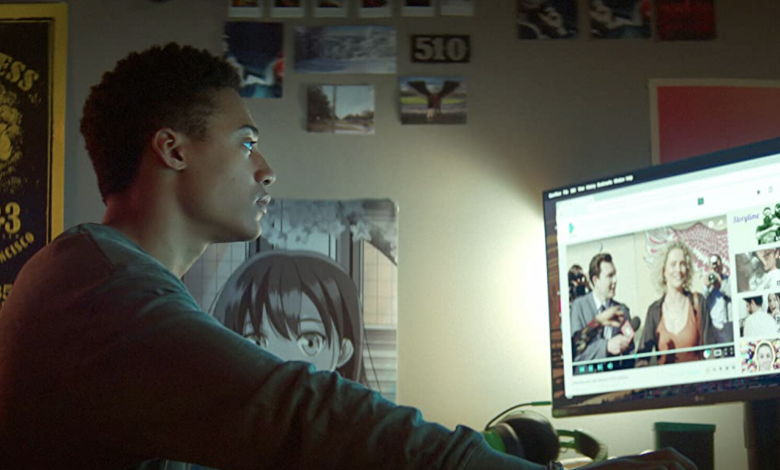Clickbait Review

Sogee Franklin ‘24 / Emertainment Monthly Staff Writer
Clickbait is a limited series on Netflix, created by Tony Ayres and Christian White. Its first episode released on Aug. 25 and it quickly captured audiences. The series follows the family of Nick Brewer (Adrian Grenier), a man abducted who received death threats on the internet. The screencap used by Netflix is Nick Brewer holding a sign saying, “I abuse women,” a strong and shocking image. The story quickly evolves into a chase to find him, while rumors stir around if these claims are true and if Brewer “deserved” it.
The premise is incredibly striking and relevant to a modern internet age—how does justice get served? The show strikes quite the debate regarding morality and it does a great job of mentioning the reality of life: no one is morally clean. None of the characters are perfect, even the side characters. The audience is forced to analyze if a character’s flaws are drastic enough to warrant their respect, if they are tagged as a villain, or the culprit of the complex crime.
As stories go, plot holes and flaws are an inevitable part of a limited series. Questions can’t be answered with another series or clarified. However, with such high production budgets and resources, Clickbait has a shocking amount of continuity issues. While the story ends with a concise answer, there are little pieces that fail to align with the solution. This includes the fact that they ultimately do not touch on the fact that Nick Brewer was in fact “guilty” in some aspects of his morality. They ultimately try to clean up his reputation, yet in the explanation of the culprit’s point of view, they contradict themselves, showing that he was in fact arguably morally unclean.
The writers also bit off a little more than they could chew and arguably choked. In the last few episodes, the experiences of Nick Brewer’s wife and kids as Black people in a high-profile case are thrown in. As Nick Brewer’s sons investigate on their own and go to the police, their mother mentions the issue with this, passively bringing up the concept of police brutality as it applies to them. However, it is never mentioned again. Such a complex topic was not discussed in depth or influenced the rest of the episodes and all other interactions with the police. This was a huge misstep in adhering to overarching topics and motifs.
While these flaws are important to note, they can be ignored easily if the audience isn’t looking for them. The general premise of morality and the internet lends itself to opening discussions with both friends and families about its plot. Details aside, the show provides a jumping-off point for important moral conversations.